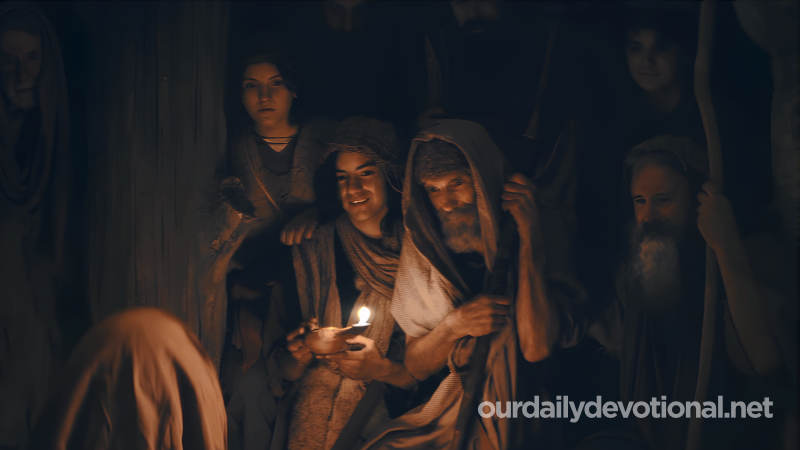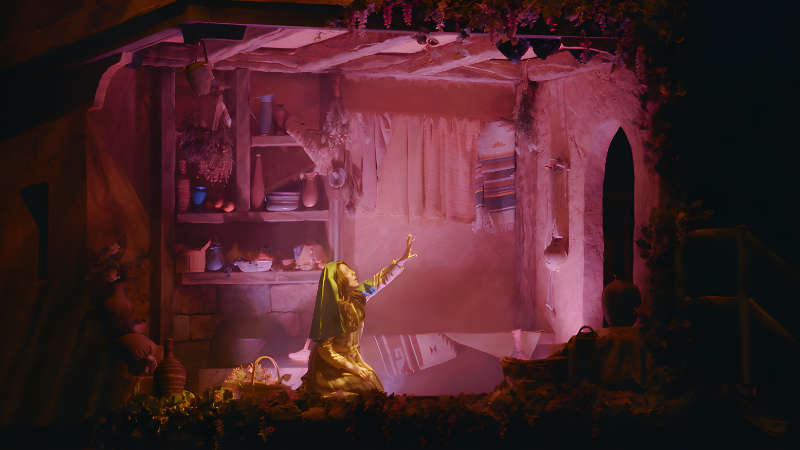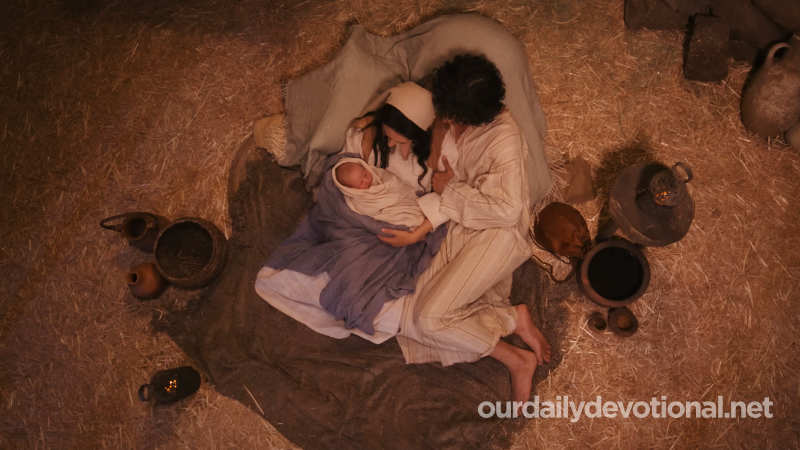The warlike Assyrians captured the northern kingdom of Israel in 722 B.C., deported its inhabitants, and settled the area with foreigners.
Some Israelites remained there and intermarried with the foreigners, creating a mixed stock. According to 2 Kings 17:33, this resulted in a mixed religion—serving God, but also serving false gods. The people were known as Samaritans, after Israel’s former capital, Samaria (see 905).
When the Jews of the southern kingdom returned from their exile in Babylon, they locked horns with the Samaritans. The Jews saw themselves as the keepers of the true faith, but the Samaritans wanted a part in restoring Jerusalem’s temple.
The Jews refused, not wanting the help of a mixed-race (and mixed-religion) people. The Samaritans built their own temple on Mount Gerizim. The Samaritans and Jews were now two separate peoples, with similar—but different—religious practices.
The New Testament depicts the hostility between Jews and Samaritans. The Romans had created the province of Samaria between Galilee and Judea, and the Jewish inhabitants of those two regions disliked traveling through Samaria, bypassing it when they could.
Samaritan was a slur word on Jewish lips, and Jesus’ enemies accused Him of being one (John 8:48). John 4 records a remarkable dialogue between Jesus and a woman in Samaria, a dialogue that makes it clear that Christ had compassion for Samaritans.
The book of Acts records that Christianity was preached and accepted in Samaria, so the new faith broke down the wall between Samaritan and Jew. The old Samaritan religion still exists, by the way.
The most famous Samaritan was the compassionate one in Jesus’ best-known parable (see 397 [the good Samaritan]).






